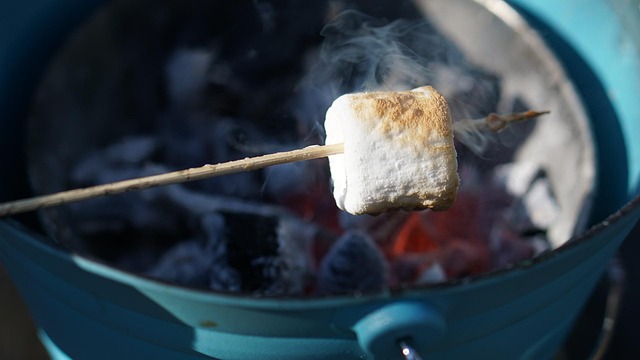Muscle soreness after workouts is a natural response to exercise caused by tiny tears in muscle fibers, aiding growth but severe or prolonged soreness can hinder training. Mixing substances like kratom and alcohol can worsen the issue as kratom interacts with medications and alcohol impairs circulation, delaying muscle repair. Instead of combining these, prioritize rest, hydration, balanced nutrition, targeted stretching, or foam rolling routines for effective soreness management. Exploring personalized workout plans tailored to individual needs, fitness levels, and health conditions offers safer recovery methods without the risks associated with mixing kratom and alcohol.
After an intense workout, muscle soreness can leave you feeling stiff and exhausted. Understanding the causes behind this delayed response is key to finding effective relief. This article delves into personalized workout routines designed specifically for muscle recovery. We explore strategies to alleviate discomfort, focusing on tailored exercises and their impact. Additionally, we examine a controversial topic: combining kratom and alcohol for pain management, shedding light on whether these substances can be synergistically used.
- Understanding Muscle Soreness and Its Causes
- Exploring Customized Workout Plans for Relief
- The Role of Kratom and Alcohol: Can They Be Combined?
Understanding Muscle Soreness and Its Causes

Muscle soreness is a common post-workout experience, characterized by a painful or tight feeling in the muscles. It’s typically caused by microscopic tears in muscle fibers during exercise, leading to an inflammatory response that can last for several days. This process is part of your body’s natural adaptation and repair mechanism, helping to build stronger muscles over time. However, severe or prolonged soreness can impact your ability to train effectively.
While moderate muscle soreness is normal, mixing substances like kratom and alcohol can exacerbate the issue. Kratom, known for its pain-relieving properties, might seem like a solution, but it interacts with certain medications and can alter your perception of pain. Alcohol, though it may provide temporary relief, can disrupt the body’s recovery process by impairing circulation and delaying muscle repair. For effective soreness management, focus on rest, proper hydration, balanced nutrition, and tailored stretching or foam rolling routines.
Exploring Customized Workout Plans for Relief

Many people turn to exercise as a way to alleviate muscle soreness, but it’s essential to approach this with care, especially when considering customized workout plans. One common question that arises is whether mixing kratom and alcohol can aid in relief, but it’s crucial to understand the potential risks involved. Kratom, a natural herb, is often used for its pain-relieving properties, while alcohol, despite being a depressant, might seem like a quick fix for muscle discomfort. However, combining these two substances can lead to adverse effects and complicate the healing process.
Instead of relying on such practices, exploring personalized workout routines can offer a more effective and safe approach to muscle soreness relief. Customized plans take into account an individual’s specific needs, fitness level, and any underlying health conditions. By focusing on targeted exercises, stretching, and gradual progression, one can experience significant improvements in muscle recovery without the negative side effects associated with mixing kratom and alcohol.
The Role of Kratom and Alcohol: Can They Be Combined?

When it comes to alleviating muscle soreness, many turn to natural remedies alongside their workout routines. Among these, Kratom and alcohol have gained attention for their potential soothing effects. However, the question arises: can you mix kratom and alcohol?
While both substances are known for their relaxing properties, combining them is not recommended. Alcohol can impair judgment and coordination, while Kratom’s effects on muscle soreness relief are primarily associated with its opioid-like compounds. Mixing these two can lead to unpredictable outcomes, including increased risk of injury, impaired performance, and potential health hazards. It’s crucial to understand that the combination may not enhance relaxation but could instead cause adverse reactions, especially for those sensitive to either substance. Therefore, it’s advisable to approach this practice with caution and consider alternative methods or consult a healthcare professional for personalized guidance on managing muscle soreness safely.
Muscle soreness is a common issue that can be effectively managed with tailored workout plans. By understanding the causes of muscle pain, one can create personalized routines to alleviate discomfort. This article has explored the benefits of customized workouts, offering a targeted approach to recovery. While kratom and alcohol have been discussed as potential aids, their combination remains a controversial topic. Further research is needed to determine safe practices regarding these substances. Ultimately, combining a well-designed workout regimen with proper hydration and rest is key to achieving long-lasting muscle soreness relief.














